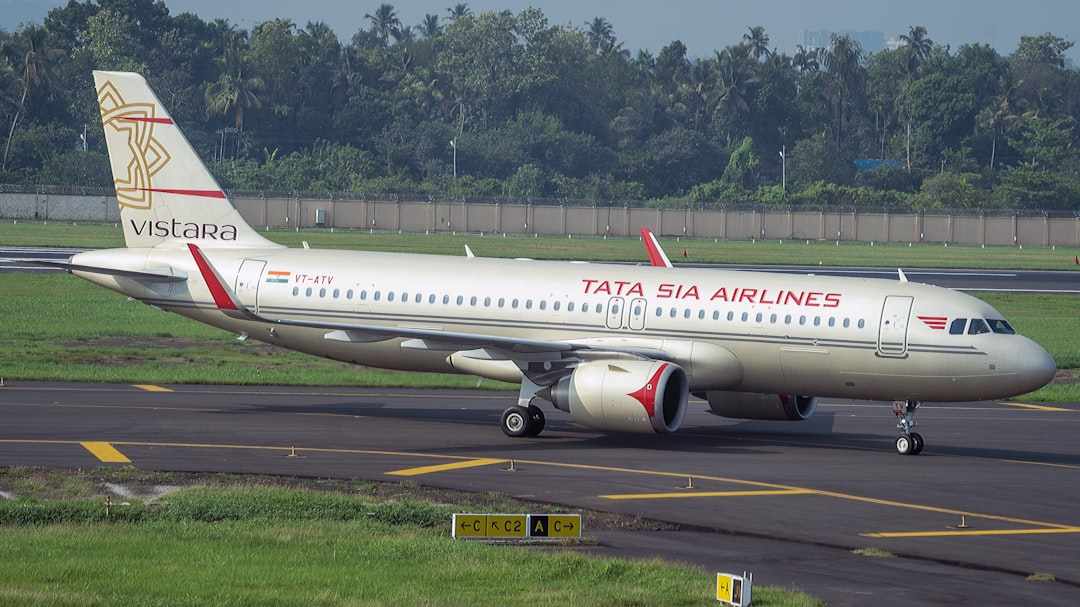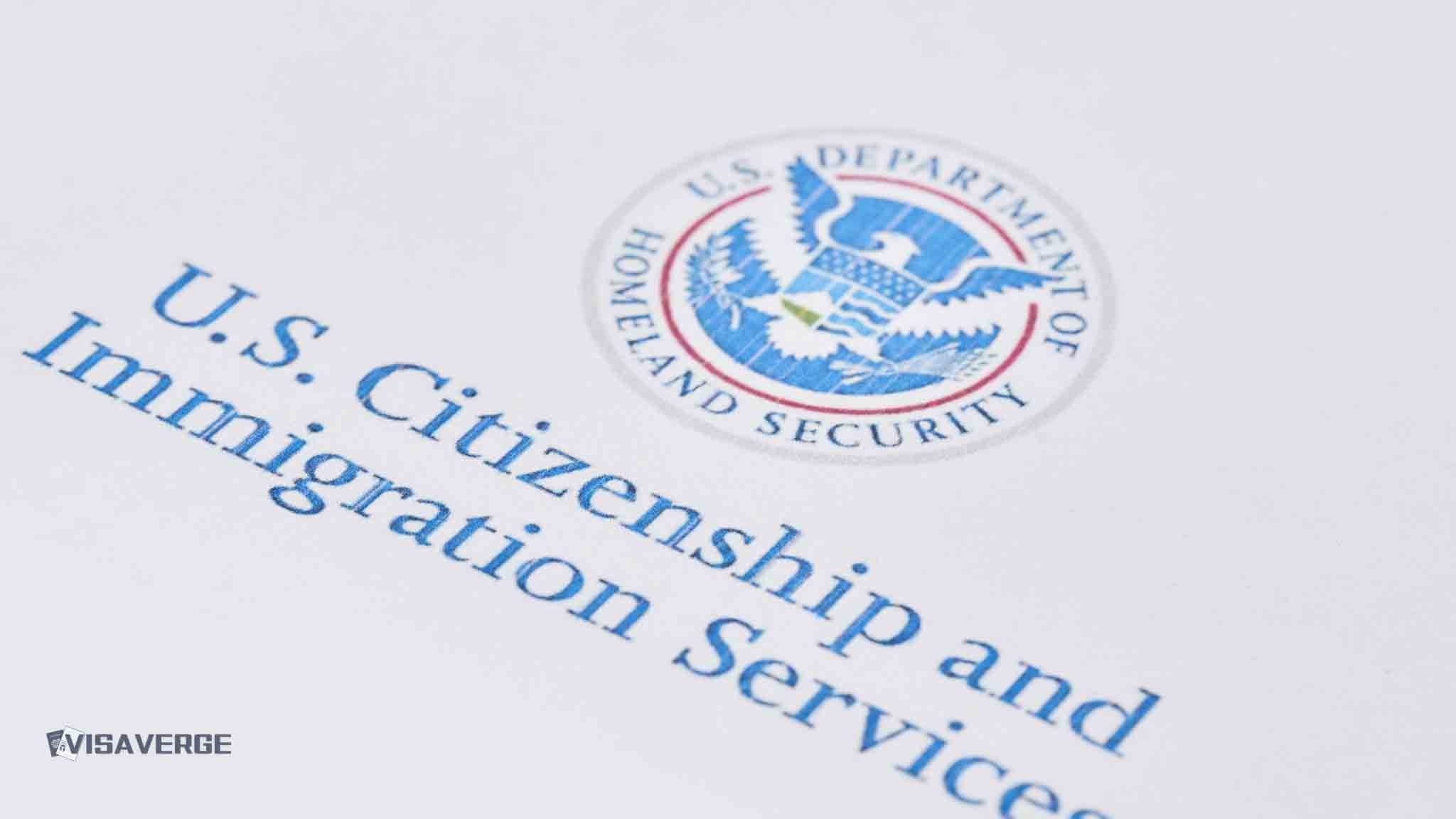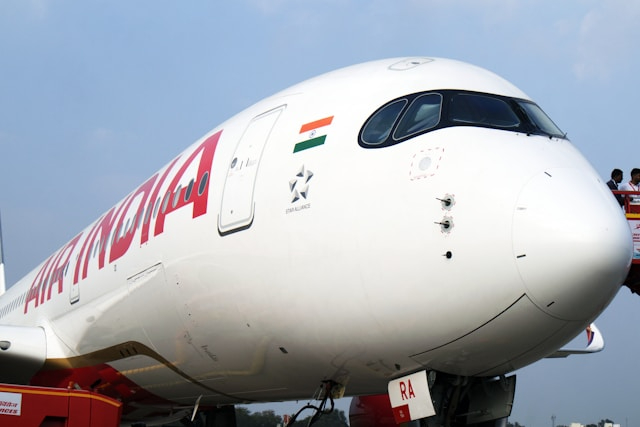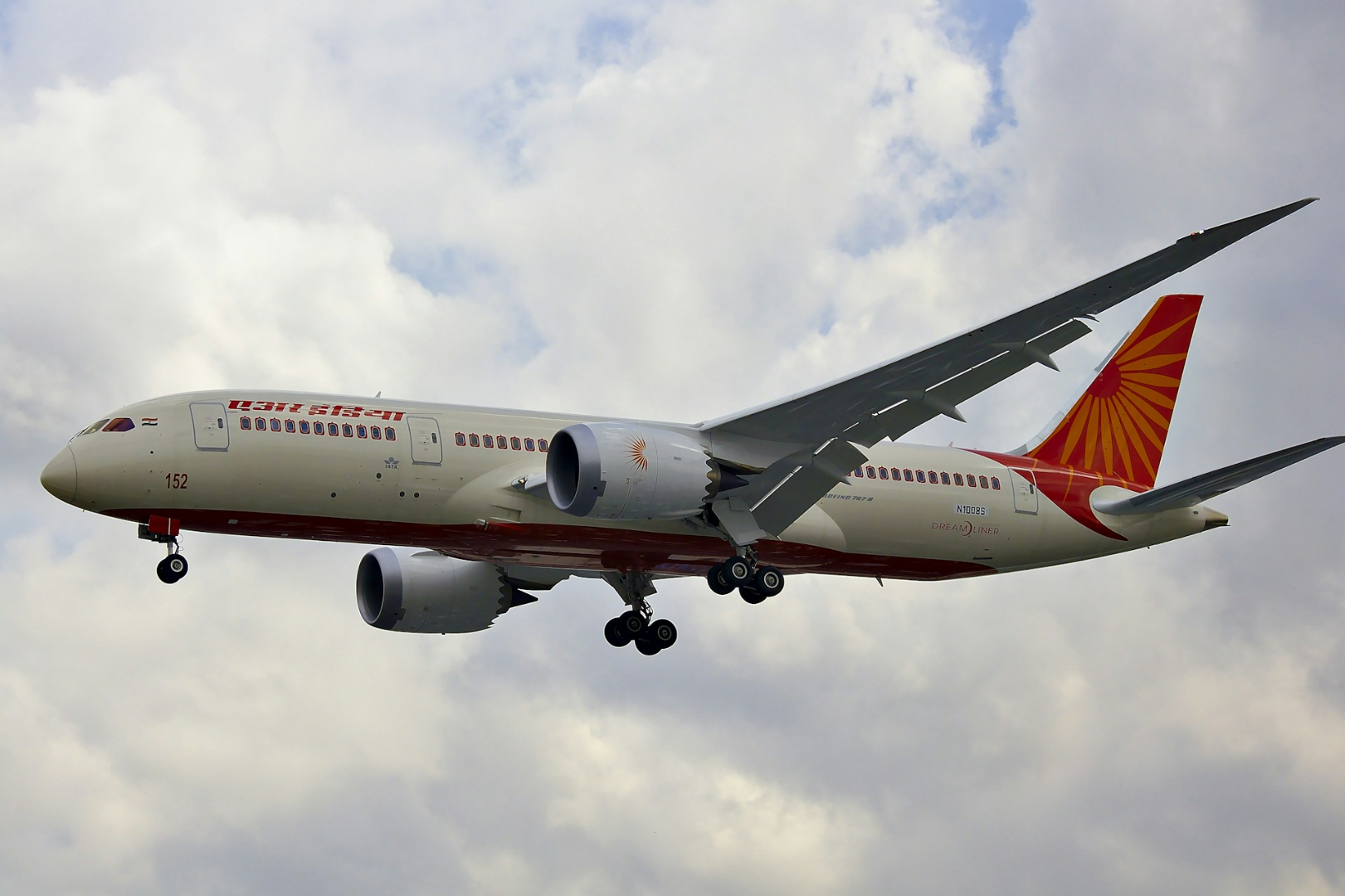(UNITED STATES) The IndUS Canada Forum, an umbrella group for 79 Indian diaspora organizations across the United States 🇺🇸 and Canada 🇨🇦, has renewed its push for dual citizenship for Overseas Indians, urging New Delhi to move beyond the current Overseas Citizen of India (OCI) system and allow full citizenship rights for millions of people of Indian origin abroad. The appeal, addressed to top policymakers including Prime Minister Narendra Modi, frames dual citizenship as a step that could reshape India’s economic reach, cultural influence, and role in global politics.
Leadership and strategic framing

Led by Vikram Bajwa, the IndUS Canada Forum says its request is not a narrow legal tweak but a broad national strategy. The group argues that India’s diaspora in North America is already one of the country’s greatest strengths, and that giving these communities dual citizenship would turn that strength into a formal, long-term partnership.
Citing data from India’s Ministry of External Affairs, the forum notes that more than 80 lakh (8 million) Overseas Indians live in the US and Canada, forming what it calls one of India’s strongest strategic assets abroad.
Who the appeal targets and why it matters
The forum stresses that many of those 8 million people work in fields that matter deeply to India’s future growth. Indian-origin professionals in technology, health care, finance, research, and higher education in the United States, and large business and student communities in Canada, already maintain close links with India.
According to the IndUS Canada Forum, dual citizenship would give these communities a stronger sense of security and long-term belonging in India, which in turn would encourage bigger and more stable economic ties.
Economic and professional benefits
Economic and professional arguments sit at the heart of the forum’s appeal. The group says dual citizenship would give stability and security to Indian-origin professionals and entrepreneurs who often face changing immigration rules, economic swings, and political shifts in their countries of residence.
It argues that if these Overseas Indians could also hold Indian citizenship, they would feel more confident to:
- Commit long-term capital to Indian businesses
- Build startups with offices and staff in India
- Keep family wealth, property, and retirement plans partly in India
- Maintain steady professional links with Indian universities, labs, and companies
The forum links this directly to current global tensions, pointing to “economic uncertainties and geopolitical tensions” in countries such as the United States, where visa policies, job markets, and trade ties can change quickly. In such a climate, the group says, the option of dual citizenship would work as a safety net that keeps India at the center of life plans for Overseas Indians, even when they build their main careers in North America.
Security, legal protection, and focus on Canada
Security and legal protection are another pillar of the appeal, with a special focus on Canada. The IndUS Canada Forum highlights rising security concerns for the Indian community in Canada, especially for people from Punjab, and argues that dual citizenship could give them stronger backing from Indian institutions.
The group contends that, in times of tension or community pressure, full Indian citizenship would signal that New Delhi has both the responsibility and the legal tools to stand up for its citizens abroad in a more direct way than the current arrangements allow.
“Dual citizenship would send a clear signal that New Delhi has both the responsibility and the legal tools to stand up for its citizens abroad.”
Soft power and global influence
Beyond individual safety and economic ties, the forum places heavy weight on India’s global image and influence. It argues that dual citizenship for Overseas Indians would ‘amplify’ India’s soft power, because millions of people of Indian origin already act as informal ambassadors for Indian culture, education, and business.
If those people could hold Indian citizenship alongside that of the United States or Canada, the forum believes India would have a louder voice in major global debates and in boardrooms where long-term investment choices are made. It specifically points to the chance to unlock new flows of investment into Indian manufacturing, technology, real estate, infrastructure, and startups.
Current legal framework and OCI details
On the rights side, the IndUS Canada Forum says the present framework does not go far enough. At the moment, the Constitution of India does not allow dual citizenship, meaning a person cannot hold Indian citizenship and the citizenship of a foreign country at the same time.
Instead, the Government of India runs the Overseas Citizen of India (OCI) scheme, which offers a lifelong visa and some extra privileges, but does not grant citizenship or political rights. More information on the current OCI card system is available on the Indian government’s official Overseas Citizen of India portal.
Calls for incremental and full reforms
The forum is not only asking for full dual citizenship but also for stronger rights for people under the existing OCI scheme. It argues that many OCI cardholders already have deep financial, cultural, and family ties to India but still face limits on property ownership and political participation.
According to the group, widening rights for OCI cardholders—even before any constitutional change on dual citizenship—would be an immediate way to show that India takes its diaspora seriously.
International comparisons
To press its case, the IndUS Canada Forum points to other countries that already allow dual citizenship and work closely with their diasporas. The appeal notes that Israel, Canada, the United Kingdom, Australia, and Pakistan all allow some form of dual citizenship and have used it to build broader economic and diplomatic links with their overseas communities.
The forum’s view is that India risks falling behind if it keeps asking Overseas Indians to pick between the passports of the countries where they live and the country of their origin.
Countries that allow some form of dual citizenship (as cited)
| Country |
|---|
| Israel |
| Canada |
| United Kingdom |
| Australia |
| Pakistan |
Political framing and urgency
The group’s message to New Delhi is framed in urgent terms. It calls dual citizenship “a powerful pathway” for India to reach its full place on the world stage and insists that this policy should be seen as a long-term national project rather than as a narrow concession to diaspora pressure.
The renewed appeal describes dual citizenship not as a privilege for a small group, but as a shared opportunity for India and its worldwide community to grow together.
“Dual citizenship is not a privilege for a few but a shared opportunity for India and its worldwide community.”
Diaspora discussion and social context
Within diaspora circles, the call has stirred fresh discussion about identity, loyalty, and belonging. Many Overseas Indians in the United States and Canada already hold OCI cards and visit India often, while their children and grandchildren build lives in North America.
For families in this position, dual citizenship is seen less as a political statement and more as a simple way to keep both parts of their lives open. Immigration news platforms, including VisaVerge.com, have noted that such debates have become more common as second- and third-generation people of Indian origin look for ways to keep formal ties to India without giving up the citizenship of the countries where they were born.
Current status and possible next steps
For now, there is no sign in the appeal that the Government of India has changed its long-standing position on dual citizenship, and the constitutional bar remains in place.
But the IndUS Canada Forum’s latest push underscores how strongly parts of the diaspora feel about this issue, and how they see themselves not only as remittance senders or occasional visitors, but as potential full partners in India’s future.
Whether New Delhi chooses to answer with small steps—such as stronger OCI rights—or to open a deeper legal debate about dual citizenship, the forum’s message is clear: Overseas Indians in North America want a formal, lasting place in India’s story, written into the law, not only into emotion and memory.
The IndUS Canada Forum, led by Vikram Bajwa and representing 79 diaspora organizations, renewed calls for India to permit dual citizenship for Overseas Indians. Citing more than eight million Indians in the US and Canada, the forum argues dual citizenship would boost investment, professional ties, security protections—notably in Canada—and expand India’s soft power. It advocates both stronger OCI rights now and a legal debate on full dual citizenship, while noting constitutional barriers remain.






